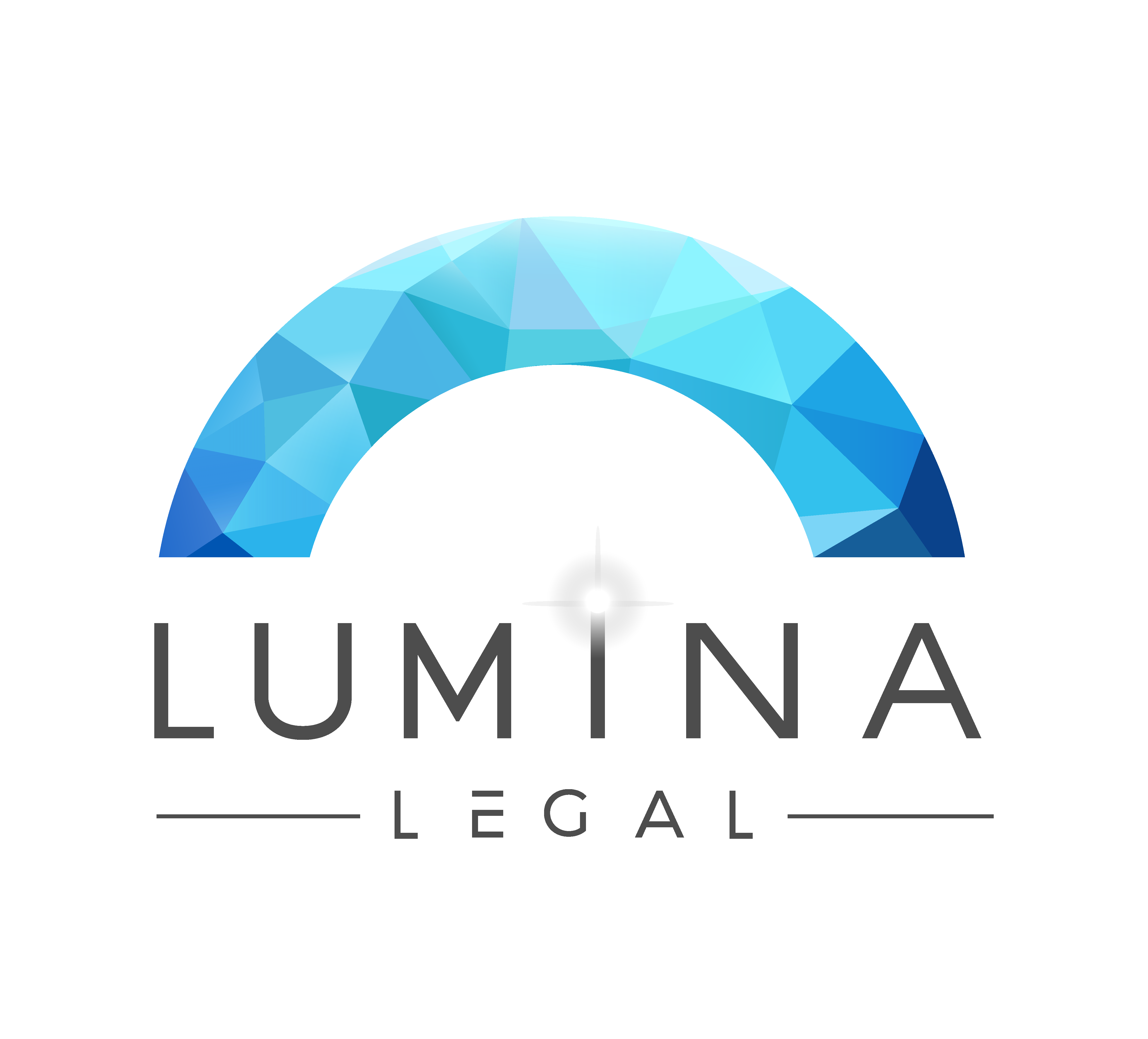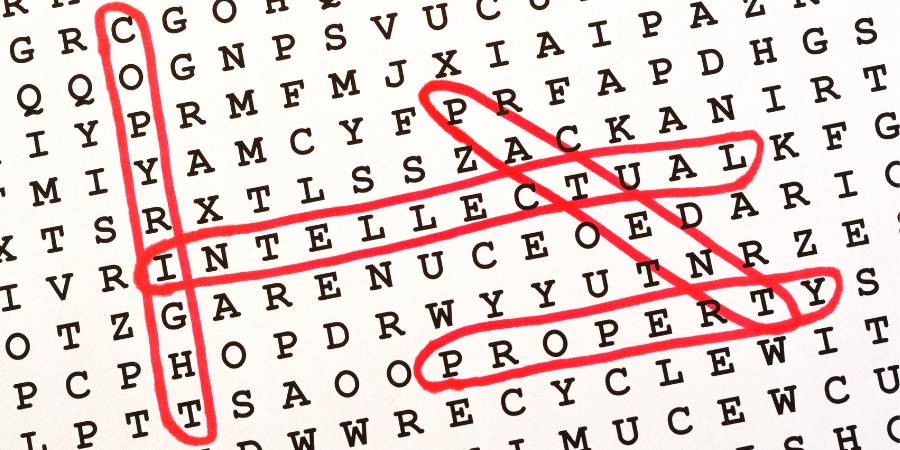Although intellectual property and patent law have certain similarities, the correct answer is no, because they have significant differences. In this article, we will take a closer look at the disparities and their potential impact on those who generate content, develop innovations and run businesses.
Intellectual property is an umbrella term that encompasses different forms of legal protection for works, inventions and trademarks. Patent law, on the other hand, focuses specifically on the protection of new inventions and discoveries. Although both intellectual property and patents seek to protect creative and innovative property, the specific requirements and regulations differ.
If you want to safeguard your ideas, it is essential to have a clear understanding of the distinctions between intellectual property and patents. This understanding will enable you to make informed decisions and enhance the security of your creations. Therefore, read on to gain a deeper insight into these areas.
What is intellectual property and patent law?
First, intellectual property is a set of legal rights that protect the creation of the human mind. This includes literary works, artistic works, inventions, symbols, names and designs used in commerce. In short, intellectual property seeks to protect the originality and creativity of ideas.
On the other hand, patent law is specifically concerned with protecting new and useful inventions and discoveries. A patent gives the inventor the exclusive right to exploit his invention for a certain period of time. This means that no one else can make, sell or use that invention without the consent of the patent holder.
Main Differences between Intellectual Property and Patent Law
One of the main differences between intellectual property and patent law lies in their scope and applicability. Intellectual property covers a broader spectrum of rights, including copyrights, trademark rights and design rights. Patents, on the other hand, focus exclusively on protecting useful inventions and discoveries.
Another key difference is the process of obtaining protection. To obtain intellectual property rights, it is generally required to prove the originality of the work or design. In contrast, to obtain a patent, it must be shown that the invention is new, non-obvious and has industrial application.
In addition, the duration of protection also varies. Intellectual property rights, such as copyrights, can last up to 70 years after the author’s death. Patents, on the other hand, have a limited period of protection, generally 20 years from the filing date of the application.
Similarities between Intellectual Property and Patent Law
Despite the differences mentioned above, there are some similarities between intellectual property and patent law. Both seek to protect creativity and innovation, giving creators and inventors the exclusive right to exploit their work or invention. In addition, both intellectual property and patents can be licensed or sold to third parties, which provides business opportunities and income generation.
It is also important to note that both intellectual property and patents are territorial rights. This means that protection obtained in one country does not automatically extend to other countries. If you wish to protect a work or invention in different territories, you must apply for protection in each of them.
Importance of Intellectual Property and Patent Law
Intellectual property and patents play a fundamental role in the business world. These legal protections allow companies to differentiate themselves from competitors and create unique value in the marketplace. In addition, intellectual property and patents can generate revenue through licensing, franchise agreements and rights sales.
For innovation-driven companies, intellectual property protection and patenting are key to securing their position in the marketplace. These protections give them exclusivity in the exploitation of their inventions, allowing them to generate competitive advantages and maintain their leadership in the industry.
Challenges of Intellectual Property and Patent Law
Navigating the complex world of intellectual property and patents can present significant challenges. The process of applying for protection can be complicated and requires specialized knowledge. In addition, policing and defending intellectual property rights can be costly, time-consuming and resource-intensive.
Expert legal advice is essential to ensure compliance with requirements and to adequately protect creations and inventions. An IP and patent attorney can help avoid infringement, resolve disputes and maximize protection of rights.
Legal Considerations in Intellectual Property and Patent Law
When dabbling in intellectual property and patent law, it is critical to keep legal considerations in mind. Each country or state has its own laws and regulations, so it is important to research and understand the specific requirements in each jurisdiction. In addition, it is advisable to have legal counsel specializing in intellectual property and patents to properly guide and represent the interests of the creator or inventor.
It is also important to be aware of the deadlines and procedures for maintaining intellectual property and patent protection. For example, it is necessary to renew trademark and copyright registrations periodically to avoid loss of protection. Similarly, patents require the payment of fees and compliance with specific requirements to maintain their validity.
Strategies to Protect Intellectual Property and Obtain Patents
Several strategies can help protect intellectual property and obtain patents. First, it is essential to conduct thorough background searches to ensure that the invention or creation is new and does not infringe on existing rights. This prior research can help avoid legal problems and save time and resources in the application process.
In addition, it is important to consider intellectual property protection and patenting as a strategic investment. The initial cost can be significant, but adequate protection can generate long-term benefits, such as licensing, rights sales and competitive advantages.
In conclusion, although intellectual property and patent law have similar objectives of protecting creativity and innovation, there are significant differences between the two. Intellectual property encompasses a broader spectrum of rights, while patents focus specifically on protecting useful inventions and discoveries.
Understanding these differences is crucial for those who wish to protect their ideas and maximize their value. Intellectual property and patents play a crucial role in the business world, enabling companies to stand out in the marketplace and generate revenue through licensing and rights sales.
When navigating the complex world of intellectual property and patents, it is essential to have specialized legal advice and follow appropriate protection strategies. With the right knowledge and the right measures, creators and inventors can ensure the successful protection and exploitation of their works and inventions. Contact Lumina Legal if you would like assistance in protecting your intellectual property.


Recent Comments